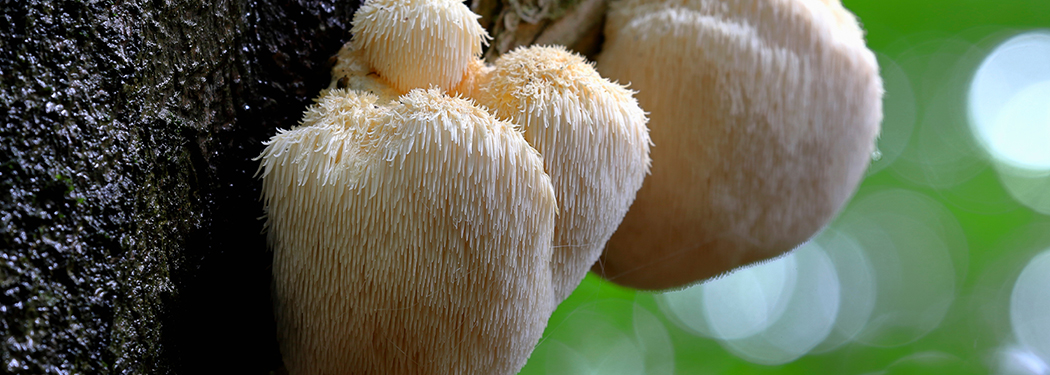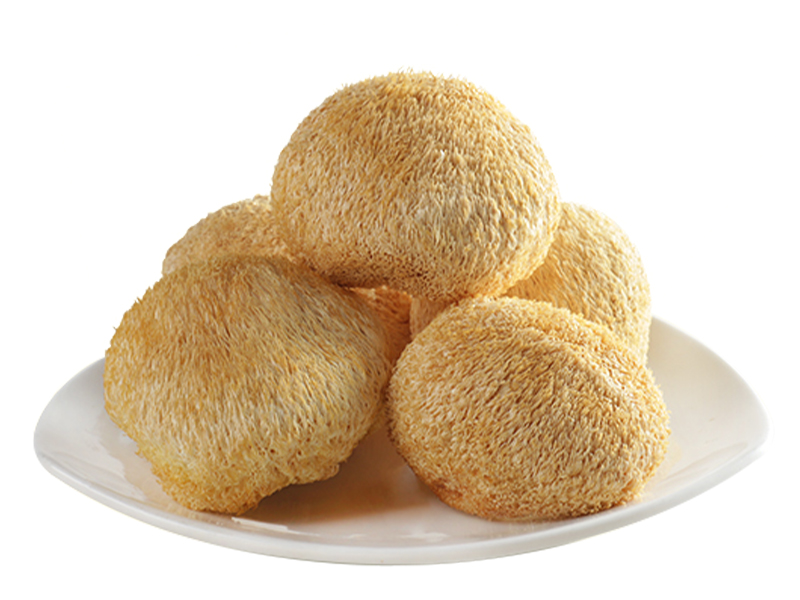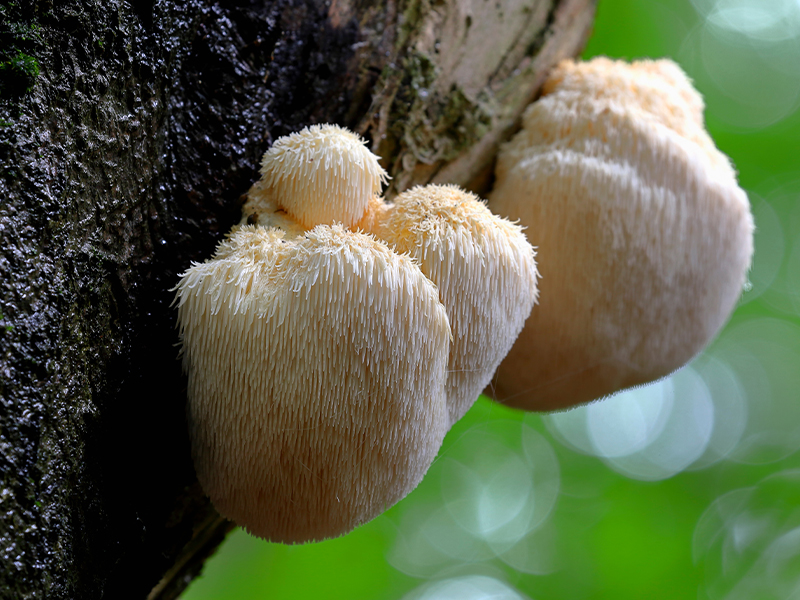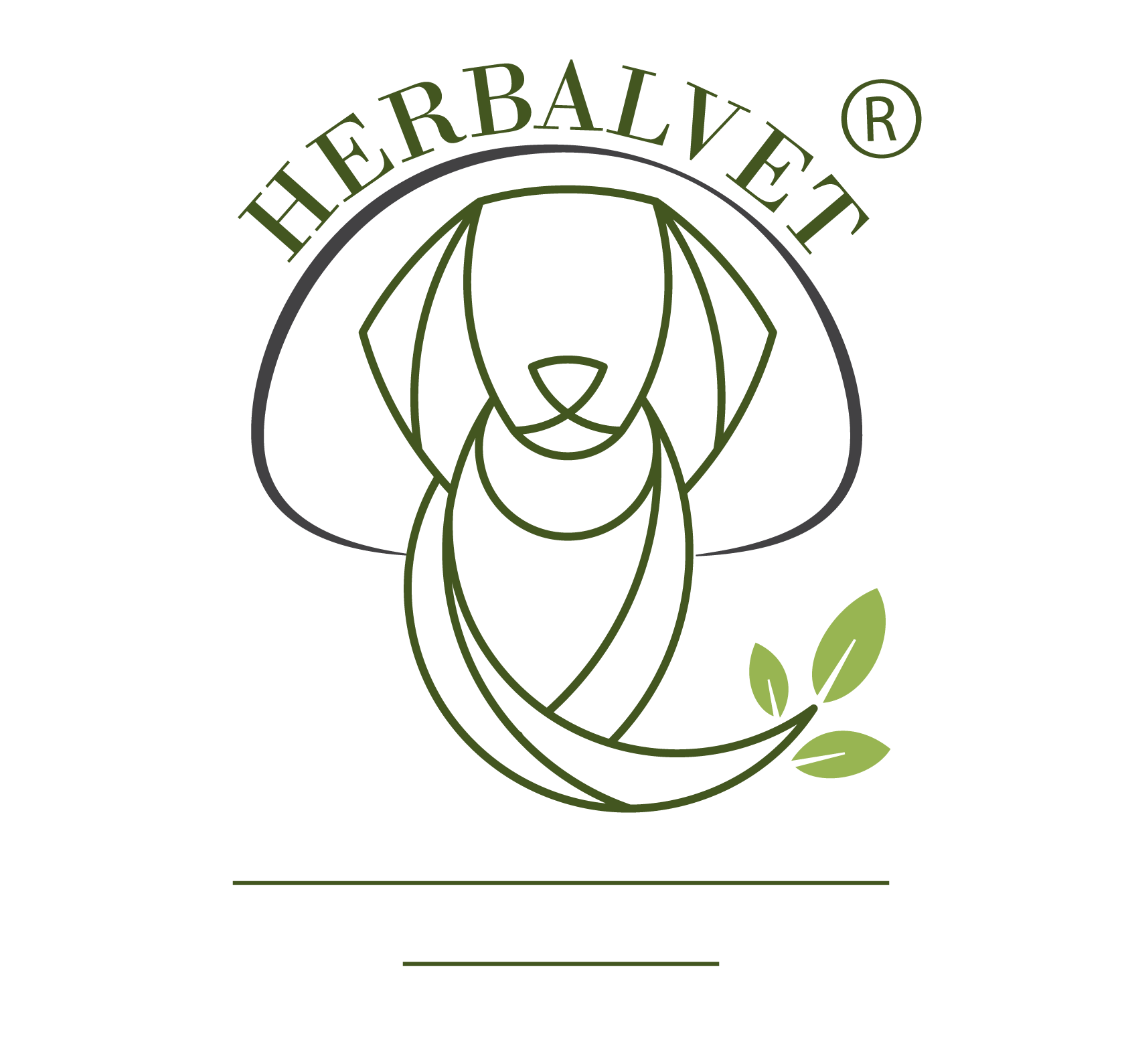
Lion’s main is a great name for this mushroom.
These beautiful white, “toothy” mushrooms really do look like a lion’s mane! Botanical name Hericium erinaceus. And there are a few other colourful names too… bearded tooth mushroom, porcupine mushroom, satyr beard, bearded wing mushroom and pom-pom mushroom.
Not even that they are delicious and taste like lobster (add a little butter)! No… what’s really special about these mushrooms is their healing properties.
Traditional Chinese medicine has used them for thousands of years for a long list of medicinal benefits:
- Antibiotic
- Antioxidant
- Antidiabetic
- Fatigue inhibitor
- Anti-inflammatory
- Hepatoprotective
- Nephroprotective
- Neuroprotective
- Anti-ageing
- Cardioprotective
In ancient China, the Lion’s Mane was such a highly prized medicinal mushroom that it was reserved only for the kingdom.
Lion’s mane is particularly famous for its ability to stimulate nerve growth factor (NGF). Its neurotrophic properties may help to treat some challenging health problems. Other healing components of Lion’s Mane include polypeptides and fatty acids.
Enzymes and oleanolic acids, polysaccharides, and adenosine… can support the immune system and digestion and have anti-inflammatory effects. This means that Lion’s Mane can have strong therapeutic effects. Researchers seem to love looking into Lion’s Mane. There are a staggering number of studies showing what these mushrooms can do.
- Strengthens the intestinal tract and immune system
- Improves brain and neurological functions
- Anti-cancer properties
- Improves heart health
- Antibacterial benefits

Lion’s mane mushrooms also contain beta-glucans which provide powerful immune support. They exert this effect mainly in the intestines.
The three main areas where lion’s mane mushrooms exert their beneficial activity are the digestive, nervous and immune systems.
The gut communicates with the brain through a direct link called the gut-brain axis (gut-mind link). One of the discoveries of recent years is that the causes of a wide range of neurological disorders in people, such as Alzheimer’s disease, depression, dementia, hyperactivity, autism and, more recently, Parkinson’s disease and multiple sclerosis (MS), which are becoming increasingly common, are all being sought in the gut.
The microbiome composition of the bacterial mass living in us has a direct and immediate effect on our mood and the functioning of our nervous system. The real cause of many of the problems in brain function originate in the abdomen.
About 80% of our immune system also resides in the gut, which is also understandable because this tube is the one that encounters the mass of useful and harmful substances coming directly from the outside world, so it is very important to sort out what we can let into our body. The quality of the food we eat also plays a primary role in the composition of our microbiome and, surprising as it may seem, the current state of our digestion has a direct influence on our nervous system and our mood.
Likewise, more than 80% of your dog’s immune system lives in his gut, so the health of his gut is the foundation of his health.
Lion’s Mane strengthens the intestinal tract and immune system, it can also support your dog’s digestive health, which supports immune health. The oligosaccharides found in Lion’s Mane act as a prebiotic, helping to nourish the good bacteria in your dog’s gut. Oreoscela also makes probiotics more effective… and that’s a good thing. Lion’s Mane can help regenerate the intestinal lining and prevent or repair leaky gut. And it has been shown to control IBD in addition to its anti-ulcer effects.
A 2013 study in Malaysia found that Lion’s Mane has anti-ulcer activity in rats. A 2015 Chinese study confirmed this anti-ulcer success. – Extracts of Lion’s Mane also improved symptoms of gastritis and inflammatory bowel disease (IBD). – In a 2017 Chinese study… polysaccharides in Lion’s Mane increased cell-mediated and humoral immunity in mice. Immune functions such as NK (natural killer) cell activity and macrophage phagocytosis were also improved. This makes Lion’s Mane a valuable member of your dog’s gut and immune support system!
Improving brain and neurological function.
As dogs age, they often start to show some mental changes. In dogs, this is called CCD, or canine cognitive dysfunction. Some people call it canine Alzheimer’s disease. Older dogs may become slightly confused. You may see your dog stuck in a corner or behind furniture… or forget to go outside to pee. If you notice these signs, Lion’s Mane can help. Prevention is important for canine dementia. So giving it to a younger dog can help keep his brain functioning at its best. Lion’s Mane is also wonderful for strengthening the brain and nervous system. Lion’s Mane can actually improve brain function and memory. In addition, it can stimulate nerve growth… and even help damaged nerves regenerate. Here are just a few studies.
In 2004, Japanese researchers Kawagishi and colleagues published a study showing that Lion’s Mane supplementation improved functional capacity in a group of patients with mild dementia. – Another Japanese study in 2009 found that participants who took Lion’s Mane tablets improved their test scores in a trial. (The trial showed that they were subsequently rejected. …so long-term use may be best.) – In other research, Kawagishi and colleagues also found that extracts (erinacin A from lion’s mane mycelium and hericenones from the fruiting bodies) can cross the blood-brain barrier and stimulate the production of NGF (nerve growth factor). This is a key benefit of Lion’s Mane. NGF helps the brain’s neurons to survive. And low NGF is linked to diseases such as dementia and Alzheimer’s.
Help for degenerative myelopathy? Degenerative myelopathy (DM) is a devastating, progressive disease. It is not painful, but dogs with DM gradually lose mobility and become paralysed in their hind legs. Lion’s Mane may offer some hope for dogs suffering from DM (a similar disease to MS, multiple sclerosis, in humans). Myelin is a lipid that forms a sheath around certain nerve fibres in the central nervous system. In MS, myelin sheaths can become damaged, preventing nerves from sending and receiving messages from the brain. In degenerative myelopathy, the dog’s immune system attacks the myelin sheath. Chronic inflammation damages the myelin sheath. This leads to progressive nerve tissue damage and loss of motor control. Lion’s Mane can help with remyelination. Most conventional veterinarians believe that DM is completely incurable. But holistic vets often find ways to slow progression or improve symptoms.
Anti-cancer properties
Lion’s Mane may also be useful in the prevention and treatment of cancer. Like other medicinal mushrooms. Lion’s Mane may have a role in supporting cancer patients. Many studies cite its success in slowing or reversing various cancers. These include stomach, liver and colon cancer, as well as leukaemia and lung cancer.
In 2011 and 2015, Korean research found that Lion’s Mane helps fight leukaemia. Further studies have shown that Lion’s Mane may help activate apoptosis (cancer cell death). Lion’s Mane extracts have helped prevent metastasis to the lungs in mice transplanted with colon cancer. Many medicinal mushrooms are known for their immune-boosting properties. Chaga mushroom is also known to have anti-cancer effects and is proapoptotic.
And Lion’s Mane is a valuable addition to the prevention and treatment of cancer in Immuno Gut.
Improves heart health
Lion’s Mane can support cardiovascular health by reducing chronic inflammation. Chronic inflammation can lead to heart problems and other related problems such as diabetes. Lion’s Mane may also help with fat metabolism. It can help control obesity, which contributes to the development of heart disease. And it can limit oxidative stress in the arteries, reducing the risk of heart attack and stroke. – Mice on a high-fat diet lost weight when fed Lion’s Mane extract. – Malaysian researchers found that Lion’s Mane helps prevent oxidative stress, which leads to vascular disease.
Hericone B extracted from Lion’s Mane helped prevent blood clotting and reduced the risk of stroke. If your dog has any heart disease risk factors, is diabetic or has a tendency to gain weight, try Immuno Gut!
Antibacterial benefits:
Many people always want to avoid using antibiotics for their dog’s infections. In part this is because antibiotics kill the bacteria that cause the infection, but they also indiscriminately kill the beneficial bacteria, damaging the dog’s microbiome. Lion’s Mane looks like it has strong antibacterial properties. MRSA (Methicillin-Resistant Staphylococcus Aureus) is a stubborn infection that often affects hospital patients. Antibiotic resistance makes MRSA very difficult to get rid of. Dogs can get another strain of the bacteria, MRSP – methicillin-resistant staphylococcus pseudointermedius. And like MRSA, it can be very difficult to treat. These types of infections are more common in immunocompromised dogs. MRSA or MRSP in dogs can lead to chronic problems such as: Wounds that are slow to heal or infected – Persistent skin infections or abscesses – Chronic urinary tract infections, ear or eye infections So it is encouraging to see some studies showing the antibacterial effects of Lion’s Mane. – A 2005 study published in the International Journal Of Medicinal Mushrooms found that extracts of lion’s mane and mycelium from lion’s mane have anti-MRSA activity. The researchers were then able to isolate the anti-MRSA compounds from the fungus. – The polysaccharides from Lion’s Mane were also shown to have anti-H.pylori activity. So, if your dog has stubborn bacterial infections, Lion’s Mane can help fight them off. These are just some of the many benefits Lion’s Mane can bring to your dog.

The use of Immuno Gut is also justified in all cases where liver support is indicated.
Various infectious causes such as toxoplasmosis, leptospirosis and non-infectious causes such as poisoning, liver inflammation caused by drug poisoning and tumour lesions. Gastric inflammation ulcer, tumour. Diarrhoea, small bowel inflammation, colitis. Pancreatitis – Also recommended as adjunctive therapy for pancreatitis.
If you buy other Lion’s Mane products for dogs, follow the dosage instructions on the label.
But most accessories are designed for people. In this case, assume the dose is for a person weighing 75 kg and adjust it to your dog’s weight. Note: You should always cook this mushroom for your dog. They can be indigestible and cause indigestion if eaten raw. Suggestion: make sure the supplement is made from whole fruit bodies, not mycelium. Many mushroom supplements contain only mycelium. Micellium has higher starch and less beta-glucan content, which is what makes medicinal mushrooms so healthy! Much of the research cited above was done with extracts from whole mushrooms
